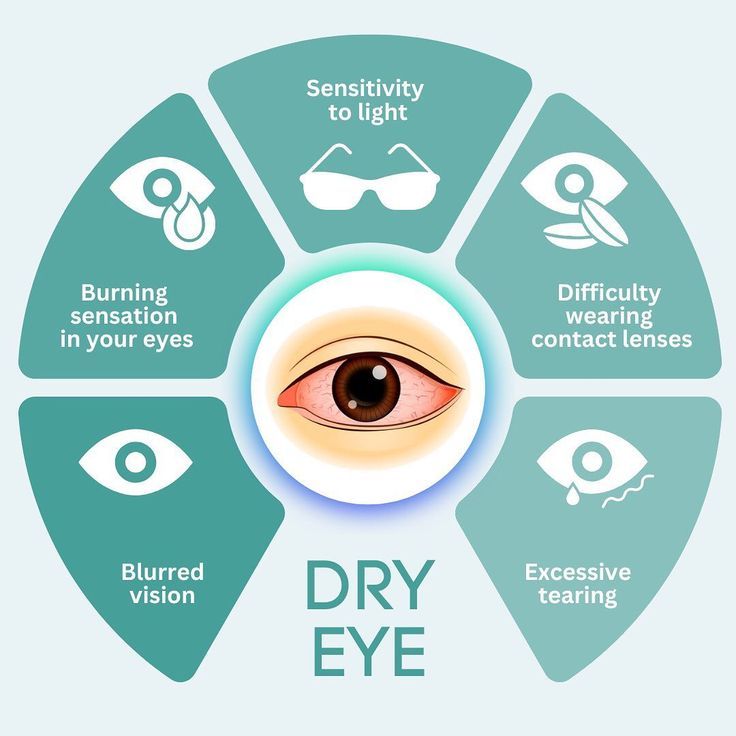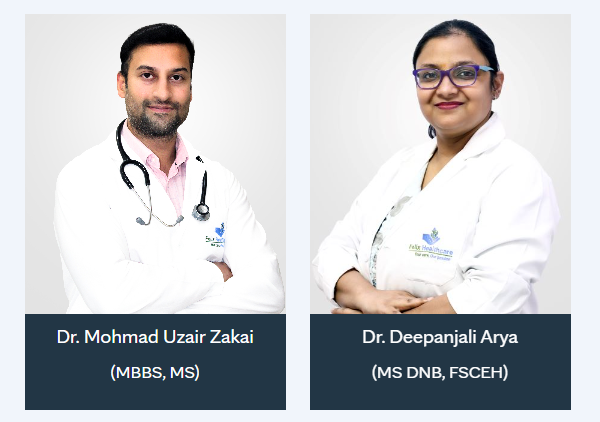Ophthalmology is the branch of medicine that deals with eye conditions. Ophthalmologists are doctors who specialize in treating and performing surgery on the eyes. A general doctor might send a patient to an ophthalmologist if they have symptoms of cataracts, eye infections, optic nerve issues, or other eye problems.
In this blog, we'll explain what ophthalmology is, what ophthalmologists do, the types of eye conditions they treat, the procedures they perform, and when someone might need to see this specialist.
Book your Appointment now with our experts at Felix hospital : Call +91 9667064100.

What is Ophthalmology ?
Ophthalmology is the medical field dedicated to eye health, covering the eye's anatomy, physiology, and diseases. Historically, it has encompassed all aspects of visual function, both in health and disease. This field also includes the study of animal eyes since ocular function and eye diseases are similar across humans and animals.
An ophthalmologist is a specialist who focuses on preventing, diagnosing, and treating eye conditions. Their work may involve surgical procedures and pharmaceutical treatments, requiring training in both areas. During a medical examination, an ophthalmologist may assess various aspects of visual function, including refraction, orthoptics, binocular vision, and strabismus, to make a diagnosis.
Condition Treated in Ophthalmology Hospital
At Ophthalmology hospital in Noida, treat a wide range of common eye conditions to help maintain and improve our patients' vision and eye health. These conditions include:
- Age-Related Macular Degeneration
- Amblyopia (Lazy Eye)
- Astigmatism
- Cataracts
- Color Blindness
- Diabetic Retinopathy
- Dry Eye
- Floaters
- Glaucoma
- Pink Eye
- Retinal Detachment etc.
The team of experienced ophthalmologists in Noida is dedicated to providing comprehensive care for these and other eye conditions, ensuring the best possible outcomes for our patients.
Why is Ophthalmology Important in Our Life?
Ophthalmology plays a crucial role in maintaining and enhancing eye health, which is essential for overall quality of life. Here are several reasons why ophthalmology is important:

- Vision Preservation and Improvement: Ophthalmologists help preserve and improve vision through the diagnosis and treatment of various eye conditions. Early detection of eye diseases like glaucoma, cataracts, and macular degeneration can prevent vision loss and maintain eye health.
- Early Detection of Systemic Diseases: Many systemic diseases, such as diabetes and hypertension, can manifest symptoms in the eyes. Ophthalmologists can detect these signs early, leading to prompt treatment and management of the underlying conditions.
- Surgical Interventions: Ophthalmology includes surgical procedures that can correct vision problems, such as LASIK for refractive errors, cataract surgery, and procedures to treat retinal detachment. These surgeries can significantly enhance a patient’s quality of life.
- Management of Eye Injuries: Eye injuries, whether from accidents or other causes, require specialized care to prevent long-term damage. Ophthalmologists provide critical interventions that can save vision and prevent further complications.
- Treatment of Eye Infections and Conditions: Conditions like conjunctivitis (pink eye), dry eye syndrome, and eye infections are treated by ophthalmologists to relieve symptoms and prevent complications.
- Pediatric Eye Care: Early eye examinations in children can detect and treat conditions such as amblyopia (lazy eye) and strabismus (crossed eyes), ensuring proper visual development.
- Geriatric Eye Care: As people age, they are more prone to eye conditions such as cataracts and age-related macular degeneration. Ophthalmologists provide essential care to manage these conditions, helping older adults maintain their independence and quality of life.
Ophthalmology is vital for diagnosing, treating, and managing a wide range of eye conditions and diseases. It plays a significant role in preserving vision, detecting systemic diseases early, and improving the overall quality of life for patients of all ages.
Know Your Ophthalmologist At Felix Hospital
Dr. Deepanjali Arya is a highly skilled and dedicated ophthalmologist with over 9 years of extensive experience. She specializes in the identification, treatment, and surgical management of various eye conditions and diseases, demonstrating expertise and commitment in delivering optimal eye care solutions.
Dr. Mohmad Uzair Zakai possesses over 10 years of experience in performing and interpreting fundamental ophthalmological procedures. He is proficient in conducting outpatient departments (OPDs) and adeptly manages emergencies with meticulous attention to detail.

Call +91 9667064100 to schedule your comprehensive eye exam and safeguard your vision.
Conclusion
Ophthalmology Hospitals with the best Ophthalmologist in Noida are essential for diagnosing, treating, and managing various eye conditions crucial to maintaining vision and overall health. From routine care to complex surgeries, ophthalmologists play a vital role in enhancing quality of life through advanced treatments and continuous medical advancements.
FAQs
- What is ophthalmology?
Ophthalmology is a branch of medicine focused on the diagnosis, treatment, and prevention of diseases and disorders related to the eyes and visual system.
- What should I do if I have an eye emergency?
If you experience sudden vision loss, eye injury, severe eye pain, flashes of light or floaters, or foreign objects in the eye, seek immediate medical attention from an ophthalmologist or visit the nearest emergency room.
- How can I maintain good eye health?
To maintain good eye health, schedule regular eye exams, eat a healthy diet rich in fruits and vegetables, wear protective eyewear, avoid smoking, manage chronic conditions, follow the 20-20-20 rule to reduce digital eye strain, and practice proper hygiene by washing your hands before touching your eyes.
- What are common eye conditions that ophthalmologists treat?
Ophthalmologists treat cataracts, glaucoma, diabetic retinopathy, age-related macular degeneration, refractive errors, dry eye syndrome, conjunctivitis, retinal detachment, uveitis, and vision disorders in children like amblyopia and strabismus.
- What is the difference between an optometrist and an ophthalmologist?
Optometrists hold a Doctor of Optometry (OD) degree, perform eye exams, prescribe glasses and contact lenses, and treat some eye conditions. Ophthalmologists are medical doctors who can provide comprehensive eye care, including surgeries.
- When should I see an ophthalmologist?
See an ophthalmologist for regular checkups, significant changes in vision, persistent eye pain or redness, eye trauma, monitoring of chronic conditions, signs of infections, sudden onset of floaters or flashes, and for surgical consultations or a family history of eye diseases.

